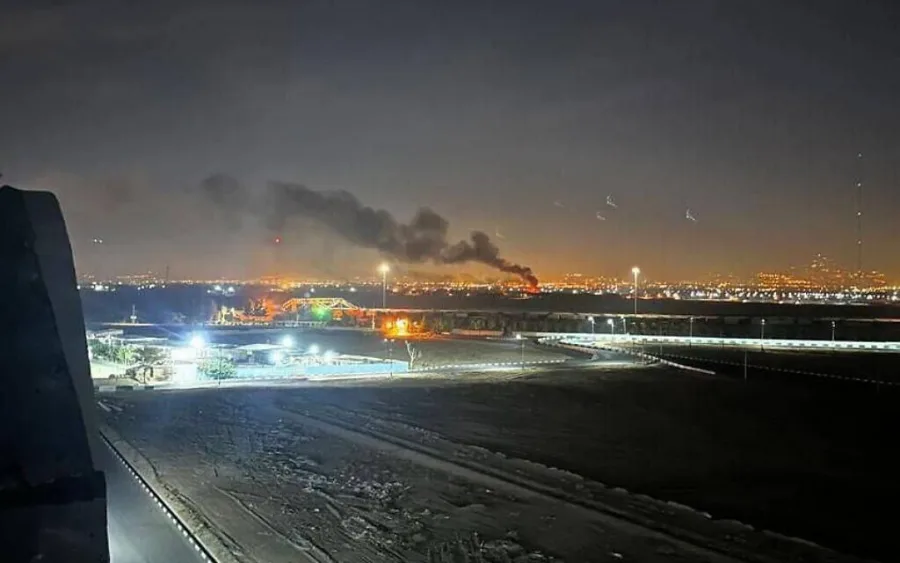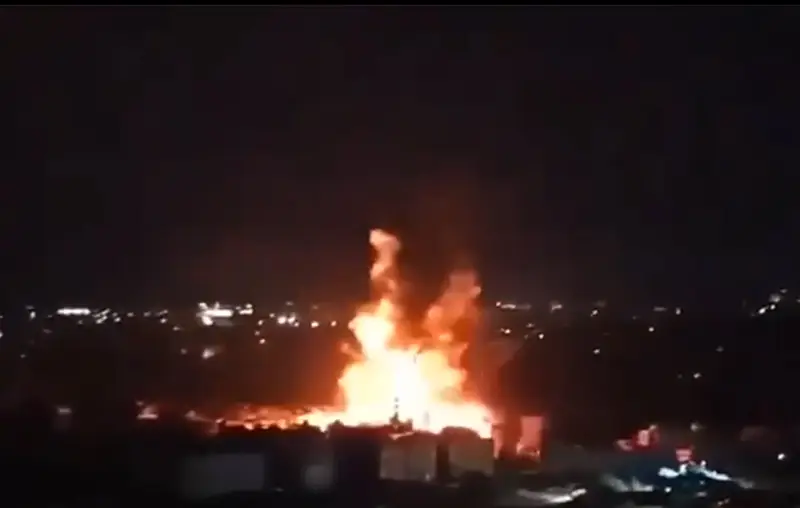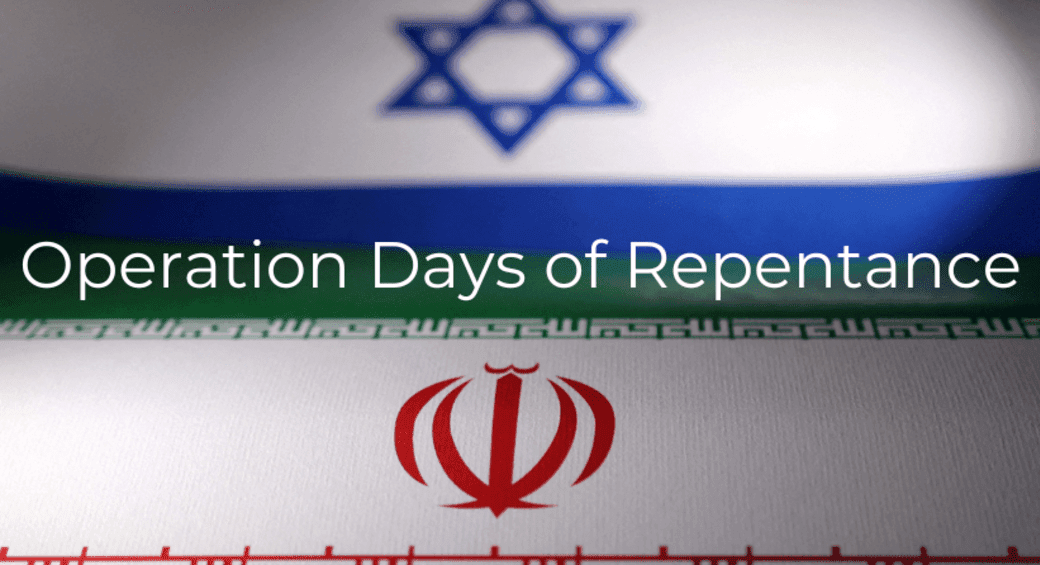Key Highlights
Operation Days of Repentance: Inside Israel’s Strategic Strike on Iranian Military Sites
In a dramatic escalation, Israel launched a large-scale operation against military sites across Iran in response to a recent missile barrage from Tehran. Known as “Operation Days of Repentance,” the strikes underscore the simmering hostilities between the two nations. This unprecedented attack, initiated in the early hours of October 26, 2024, is seen as a pivotal moment in the ongoing Israel-Iran conflict, especially as both countries navigate rising regional tensions.
Background to the Escalation: Iran’s Missile Barrage and Israel’s Response
The lead-up to Operation Days of Repentance stems from a missile attack launched by Iran on October 1, 2024, where approximately 200 ballistic missiles were aimed at Israeli military and civilian sites. While Israel managed to intercept many of these, the attack caused significant concern, leading Prime Minister Netanyahu to pledge a response that would make Iran “pay a heavy price.” Tehran, meanwhile, framed its missile attack as a reprisal for Israeli operations that allegedly led to the deaths of Hezbollah and Hamas leaders earlier in the year.

Following the missile barrage, Israeli Defense Forces (IDF) initiated an extensive intelligence operation to identify strategic Iranian military targets. With heightened security in Israel and an emboldened stance against perceived threats, Operation Days of Repentance emerged as a pointed effort to dismantle Iran’s missile and drone capabilities.
The Targets and the Operation’s Scope
Operation Days of Repentance was executed in multiple waves throughout the night, targeting military bases in Tehran and surrounding areas. Israeli officials confirmed strikes on facilities linked to missile production, drone operations, and air defenses. The strikes were reportedly swift and precise, aiming to debilitate Iran’s capabilities without inflicting extensive civilian harm. While details remain classified, social media footage from Tehran showed explosions at key sites, and initial reports suggest that at least two Iranian soldiers were killed.

This operation, conducted just after Simchat Torah, coincides with the Jewish High Holidays period, where the name “Days of Repentance” draws from the tradition of self-reflection and accountability. Israel’s symbolic choice of the operation’s name aligns its military actions with a narrative of “returning” or “protecting” its security, evoking cultural resonance alongside its strategic aims.
A Calculated Message of Deterrence
The choice to limit strikes to military targets—avoiding critical infrastructure like oil and nuclear sites—suggests a calculated message rather than a full-scale provocation. Israel’s approach reflects a desire to send a potent message without sparking a broader regional war. By focusing on military installations directly tied to missile and drone capabilities, Israel aims to weaken Iran’s retaliatory strength while maintaining the ability to de-escalate if needed.
Analysts see this operation as a stark warning to Iran, indicating that Israel remains ready to counter aggression with precision and force. According to sources, the operation also aligns with Israel’s defensive stance against Iranian-funded groups like Hezbollah and Hamas, which frequently engage in hostilities against Israeli interests in Lebanon and Gaza.
The Aftermath: Iranian Response and International Concerns
Following the strikes, Iranian officials warned of “proportional retaliation,” signaling potential countermeasures. Iran’s state media reported that its defense forces remain on high alert, with military sites under intensified surveillance to anticipate further Israeli actions. Iran’s semi-official news outlets, such as Tasnim, condemned the strikes and suggested that Tehran would respond forcefully if the attacks continued.

International reactions have ranged from concern to condemnation. Russia’s Foreign Ministry issued a statement urging restraint from both nations to avoid escalating into a catastrophic regional conflict. Meanwhile, the United States has reiterated its support for Israel’s right to defend itself, although it cautioned Israel to avoid exacerbating an already volatile situation.
What This Means for Regional Stability
Operation Days of Repentance has redefined the military dynamics between Israel and Iran, pushing both nations into a tense standoff with implications for the broader Middle East. As both countries grapple with internal challenges and external pressures, the ongoing hostilities have heightened anxieties across the region. Nations such as Saudi Arabia and the UAE are observing the developments closely, given the potential spillover into neighboring states.
This operation has not only reinforced Israel’s defensive posture but has also served as a test of Iran’s threshold for conflict. As Israel remains vigilant over potential retaliations, its actions signal a reaffirmation of its commitment to curbing threats from Iran while navigating a path that avoids all-out war.
A New Phase in Israel-Iran Relations?
Israel’s Operation Days of Repentance represents a critical juncture in the ongoing hostilities with Iran, revealing both nations’ willingness to push the boundaries of military engagement. While Israel’s actions are couched in a framework of deterrence and defense, the risk of escalation remains a formidable challenge.
The operation has also underscored the intricate balance Israel seeks to maintain—asserting its military strength without tipping into a broader conflict that could destabilize the region. As the international community watches closely, this latest chapter in Israel-Iran relations will likely shape Middle Eastern geopolitics in the months to come.
For Latest News Updates Click Here.
